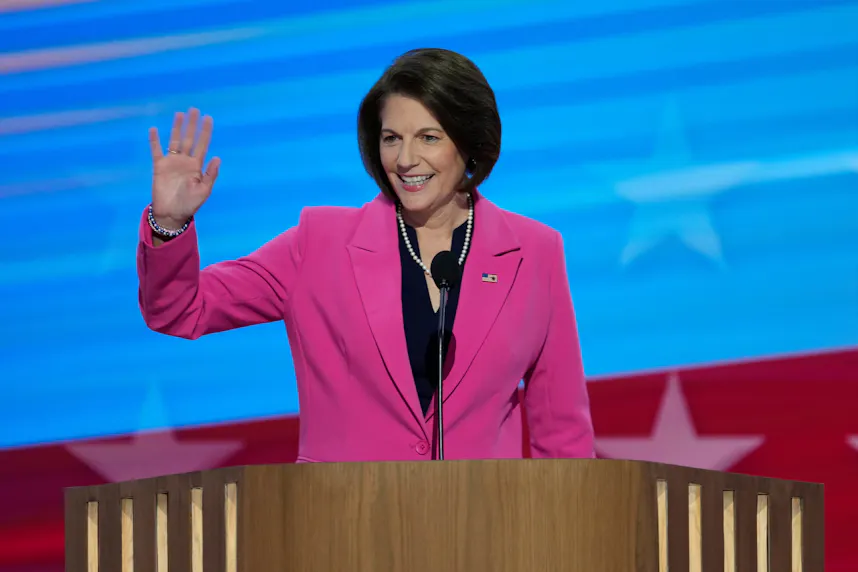Senate GOP Blocks Bid to Fully Restore Gambling Loss Deductions

Last Updated: July 21, 2025 10:16 AM EDT • 3 minute read X Social Google News Link


Senate Republicans on Thursday halted a Democratic push to restore full tax deductibility for gambling losses, rejecting Sen. Catherine Cortez Masto's request to expedite passage of her bill.
The Nevada Democrat’s legislation aimed to reverse a provision in the newly enacted reconciliation law that limits deductibility to 90% of gambling losses against winnings, effectively taxing even break-even gamblers. Critics, including Sen. Cortez Masto, argue the change threatens Nevada’s gaming-dependent economy and risks shifting tourism and gaming revenue offshore.
Sen. Cortez Masto warned on the Senate floor that without legislative correction, players would owe taxes on phantom income. She stressed the urgency by referencing the ongoing World Series of Poker in Las Vegas, which could be lured abroad under the new tax burden.
Her bill, co-sponsored by Sens. Ted Cruz and Jacky Rosen, sought to eliminate the 10% limitation and reinstate full deductibility, which had been standard under prior law.
Despite bipartisan support, Sen. Todd Young of Indiana blocked the request, tying his objection to a separate issue: removing a religious exemption from the excise tax on university endowments. Young argued that if Democrats were correcting “Byrd rule” casualties, his provision for institutions like Notre Dame also deserved consideration.
Senate Finance Committee ranking member Ron Wyden opposed this amendment, contending it would reinstate a special favor for a single university. Without a consensus, the Senate stalemate leaves the gambling deduction issue unresolved, even as Sen. Cortez Masto vowed to press on.
Illinois and New Jersey push forward with higher gaming taxes
Tax bills are already mounting for U.S. bettors. Illinois and New Jersey have both implemented new tax policies on the best sports betting sites and real money online casinos sectors, prompting immediate criticism from operators.
In Illinois, the General Assembly passed a 25-cent per-bet tax on all sports bets as of July 1. Industry insiders caution that the flat fee structure within the state's budget package could push operators to set minimum bet requirements, probably near $10, to stay profitable.
The charge is in addition to the federal excise tax and licensing fees, which could cut into operator margins to unsustainable levels.
In New Jersey, legislators voted to implement a flat tax rate of 19.75% for all online gambling verticals, replacing the previous tiered system. Under the old regime, casino games were taxed at 15%, online sports bets at 13%, and fantasy sports at 10.5%.
The Senate and Assembly passed the measure on June 30, with Gov. Phil Murphy signing it the next day.
Proponents argue the change addresses the disparity with neighboring states, noting New York's 51% and Pennsylvania's 36% tax rates on online sports wagering.
They also stressed that operators must pay their "fair share" into the state's coffers, and legislators believe the changes will bring in an extra $250 million each year. Operators, however, contend that the change might eventually worsen the affordability issue for consumers and suppress market competitiveness in the long run.

Ziv Chen X social






